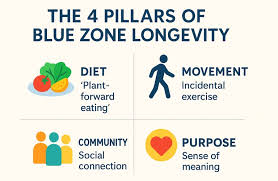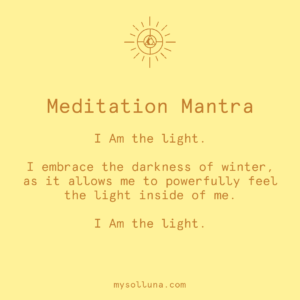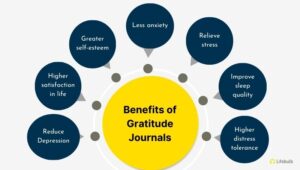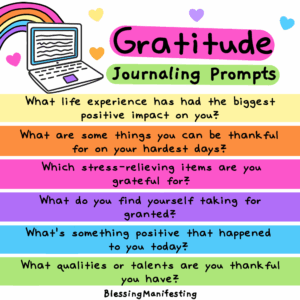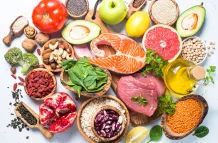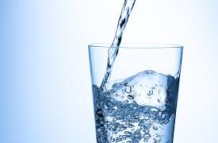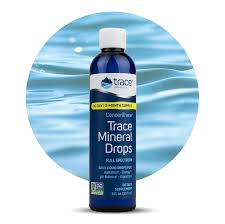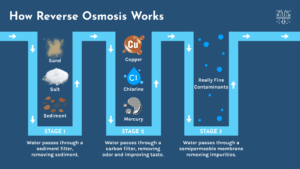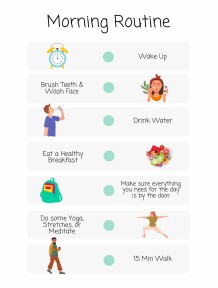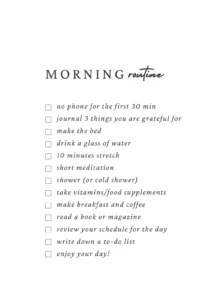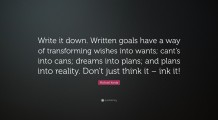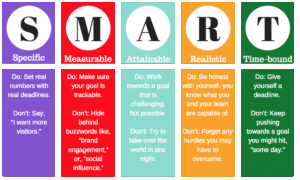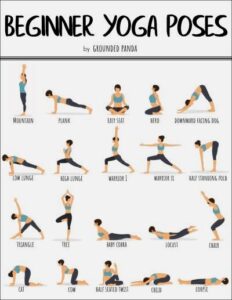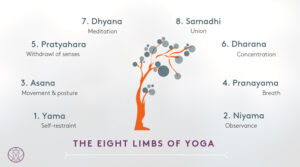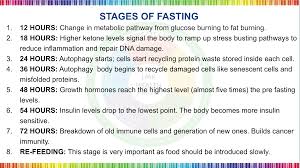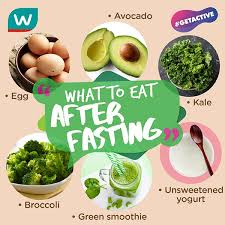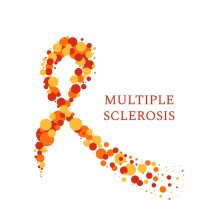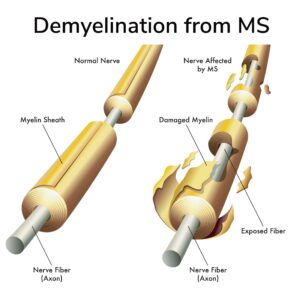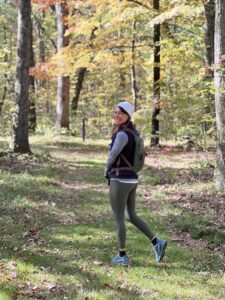Let’s talk protein! I have been learning about many benefits from consuming protein. Aim for 100 grams of protein per day as a minimum, that is necessary for us to function optimally. When we support our bodies with the proper amount of daily protein we will notice our energy levels rise, we feel more satiated throughout the day, not looking to snack regularly, and we will build muscle. Protein helps to balance blood sugar, support our immune and brain health, and regulate hunger hormones. There are many forms of protein that we can consume and timing does matter when it comes to building muscle. Read on to learn more about protein and it’s many benefits!
WHY YOU NEED PROTEIN TO BUILD MUSCLE
Protein is one of three macronutrients your body needs in large quantities to function, the other two macronutrients being carbohydrates and fat. In particular, the role of protein is to build and repair your cells, including the cells of your muscles. Resistance training, also known as strength training or weight training, causes microscopic damage to your muscle tissue. This may sound bad, but it’s a good thing. When you consume protein after a strength-training session, the amino acids in the protein will get to work repairing your muscles. With the help of certain hormones in your body, protein creates new muscle cells. The result? Your muscles become stronger and bigger! (Note: Muscle gain happens when you perform resistance training to fatigue, meaning you get close to failure. You can gain muscle mass by performing a low number of reps at a high weight or a high number of reps at a moderate weight. The key is to push your muscles close to – but not over – their limit.)

WHEN SHOULD YOU CONSUME PROTEIN?
Many athletes and fitness folks tend to understand the importance of eating before a workout to give their body the fuel it needs to perform. However, it is equally important to replenish your body after a workout. Eating post-workout may seem less intuitive, however, an exercise session will deplete your energy stores, so eating allows you to refuel. Additionally, research has found that right after a workout, your body may be primed to use glycogen and protein to repair itself. How soon should you eat after a workout? Generally, you should try to eat something within 45 minutes of exercising. According to some, delaying your meal after working out could lower the rate of glycogen synthesis. If you aren’t looking for a full meal post workout, having high protein snacks available at home is convenient, or a protein smoothie is a great option as well without overwhelming your appetite.

WHAT TYPES OF PROTEIN FOODS ARE SUPPORTIVE PRE AND POST WORKOUT?
I find it to be helpful to have protein snacks on hand to keep consistent with my protein intake, pre and post workout.
PROTEIN SNACKS:
Grass fed jerky (no added sugar) – Hardboiled eggs (6-8 grams of protein each egg) – Precooked chicken sausage – Rotisserie chicken pieces – Grilled chicken breast – Tuna or Salmon in a can or packet – Tinned fish like mackerel, sardines, or yellow fin tuna – Nuts – Cottage cheese – Greek yogurt – Nut butter (no added sugar) – Smoothies with whey or hemp protein – Bars such as RX and Lara – Scoop of Collagen Peptides in your coffee or matcha –
HOW MUCH PROTEIN SHOULD YOU PUT IN YOUR pre/postworkout smoothie?
How much protein do you need in your post-workout smoothie? Try for between 0.14 and 0.23 grams of protein per pound of body weight. If you are looking to gain muscle mass, then lean toward the higher end of the spectrum. For example, a 170-pound person can add as much as 39.1 grams of protein to their post-workout smoothie. What happens if you add even more protein to your smoothie, will you get even greater muscle gains? Nope, your body can only process so much protein. Any excess protein that you consume will be passed through your urine. Reminder, 1 gram of protein is equivalent to 4 calories. One last thing to consider is no matter what the latest diet craze says, carbs are not the enemy. In fact, you need them to refuel your glycogen after your workout. When adding carbohydrates to your post-workout smoothie for muscle gain, look for complex carbs. Many vegetables and certain fruits can be excellent sources for low-glycemic index carbohydrates.
PROTEIN POWDERS:
Whey – Transparent Labs, Naked Casein, Momentous
Non-dairy – Nutiva (hemp), Sunwarrior (hemp/pea), Garden of Life (pea)


